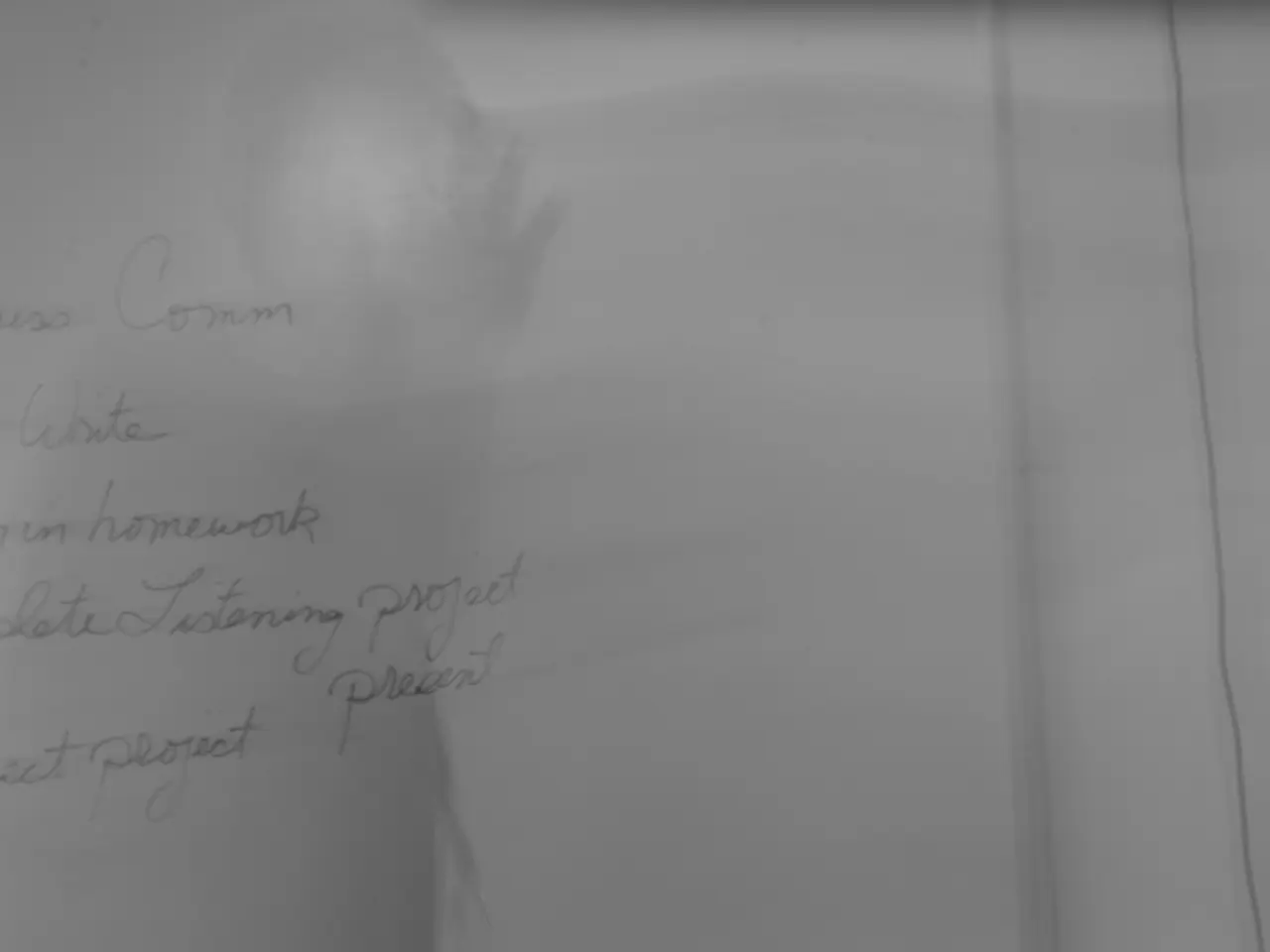Initiation of Tasks and Its Importance in Executive Functioning
In the world of work and daily life, productivity and effective management of responsibilities are key to success. One crucial aspect that often goes unnoticed is task initiation – the ability to start a task without undue delay. Understanding this concept and its strategies can significantly improve productivity and help manage daily tasks more efficiently.
Task initiation provides clear direction, reducing overwhelm, and increasing motivation through achievable steps. By understanding this process, we can begin tasks with clarity, prioritize important tasks, and avoid distractions.
Creating a structured daily schedule with clear goals and prioritized tasks is essential. Using frameworks like Eisenhower’s Matrix, tasks are categorized by importance and urgency, ensuring focus on what truly matters first. This structure gives direction to task initiation, making it easier to start with clarity.
Breaking down large tasks into smaller, manageable sub-tasks is another crucial method. This approach, known as task breakdown, is particularly helpful in complex projects or situations with cognitive overload, such as those faced by individuals with Attention Deficit Hyperactivity Disorder (ADHD). Completing small steps builds momentum and motivation, reducing the intimidation factor and increasing sustained productivity.
Quick initiation strategies, like the "2-minute rule" or "5-second rule," can also help bypass procrastination and rationalization. These strategies allow you to start simple tasks immediately rather than delaying, keeping small tasks from piling up and interrupting focus on higher-impact work.
Awareness of cognitive traps like task-switching and productivity illusions allows us to implement batching and deep work shields, protecting our focus and energy for important tasks. This awareness improves how and when we initiate tasks, reducing fragmented attention and wasted time.
Keeping the big-picture goal visible throughout the process supports better prioritization and delegation of smaller objectives, making task initiation more purposeful and aligned with long-term results.
Visualizing the completion of a task can create a desire to start it, further enhancing task initiation skills. Positive self-talk, such as "I can start this task right now," is vital for encouraging oneself.
Improved task initiation leads to improved time management and increased productivity. However, challenges such as emotional regulation issues, planning difficulties, and emotional regulation challenges can hinder task initiation in individuals with Executive Function Disorder. Techniques to combat procrastination, such as setting specific deadlines, rewarding oneself for progress, or identifying and mitigating distractions in the environment, can be beneficial.
Anxiety and depression can negatively impact task initiation. Anxiety can cause paralysis due to fear of failure, while depression can create a lack of motivation due to a negative headspace. Mindfulness techniques, like deep breathing, can help reduce anxiety associated with starting tasks.
In conclusion, understanding task initiation strategies enables us to start work confidently, prioritize effectively, maintain motivation with achievable chunks, and protect our focus. These skills collectively improve productivity and better management of daily responsibilities.
- For individuals with Attention Deficit Hyperactivity Disorder (ADHD), breaking down large tasks into smaller, manageable sub-tasks can significantly facilitate task initiation and increase productivity.
- Understanding cognitive traps like task-switching and productivity illusions and implementing strategies such as batching and deep work shields can improve how and when we initiate tasks, enhancing overall productivity and focus.
- Creating a structured daily schedule with clear goals and prioritized tasks using frameworks like Eisenhower’s Matrix can facilitate task initiation by giving direction and reducing overwhelm.
- In the world of work and daily life, improved task initiation skills can lead to better decision-making, time management, and overall productivity.
- Positive self-talk, like "I can start this task right now," and visualizing the completion of a task can encourage initiation and maintain motivation in the task initiation process.
- Women and neurodivergent individuals, especially those with Executive Function Disorder, may face challenges such as emotional regulation issues and planning difficulties, which can hinder task initiation.
- Techniques to combat procrastination, such as setting specific deadlines, rewarding oneself for progress, or identifying and mitigating distractions in the environment, can be beneficial in supporting and improving task initiation skills.
- Improved task initiation can directly contribute to personal-growth through increased productivity, organization, goal setting, and habits, ultimately leading to better education-and-self-development.
- Anxiety and depression can negatively impact task initiation, and mindfulness techniques, such as deep breathing, can help reduce anxiety associated with starting tasks, making task initiation more manageable.




